Subtotal ₹0.00
No Widget Added
Please add some widget in Offcanvs Sidebar
Shopping cart
No Widget Added
Please add some widget in Offcanvs Sidebar
Please add some widget in Offcanvs Sidebar
Please add some widget in Offcanvs Sidebar





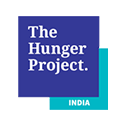

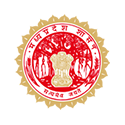








Training women in poultry farming, enhanching income stability and community resilience

Empowering Tribal Children through Quality Education, Values, Vocational Skills and Leadership.

Promoting equal educational opportunities for girls and reducing gender disparities.

Preserving 200+ local seeds for sustainable and community-driven agriculture.
We empower Tribal Communities, while respecting their knowledge, experience, and the rich tapestry of their culture, science and technology.
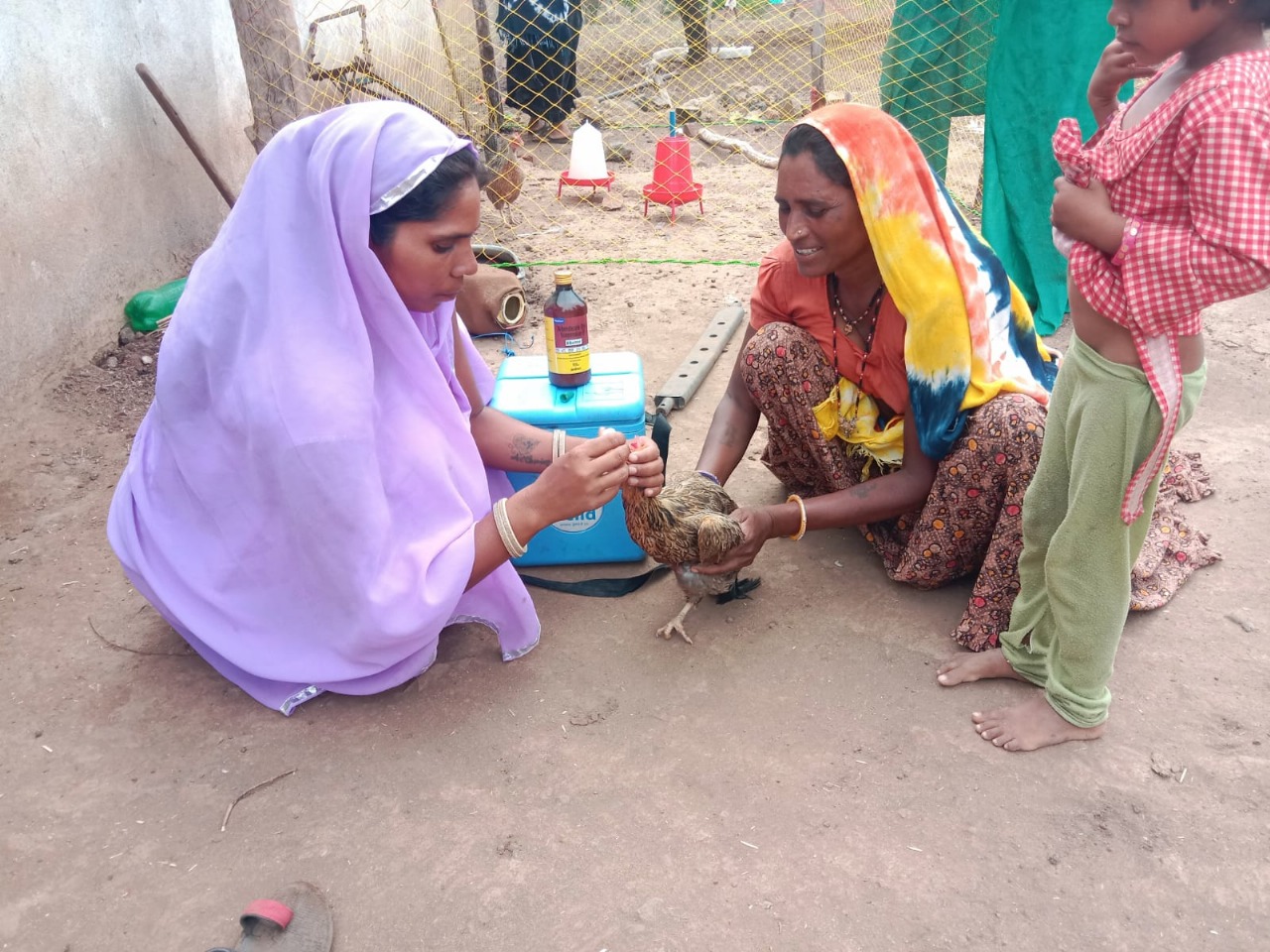

Make a difference in our community—become a volunteer with us today! Your support can change lives.
Years of Transforming Lives


Local water conservation and management


Seed Sovereignty and Indigenous Farming


Strengthening local economies


Resolving disputes within the community
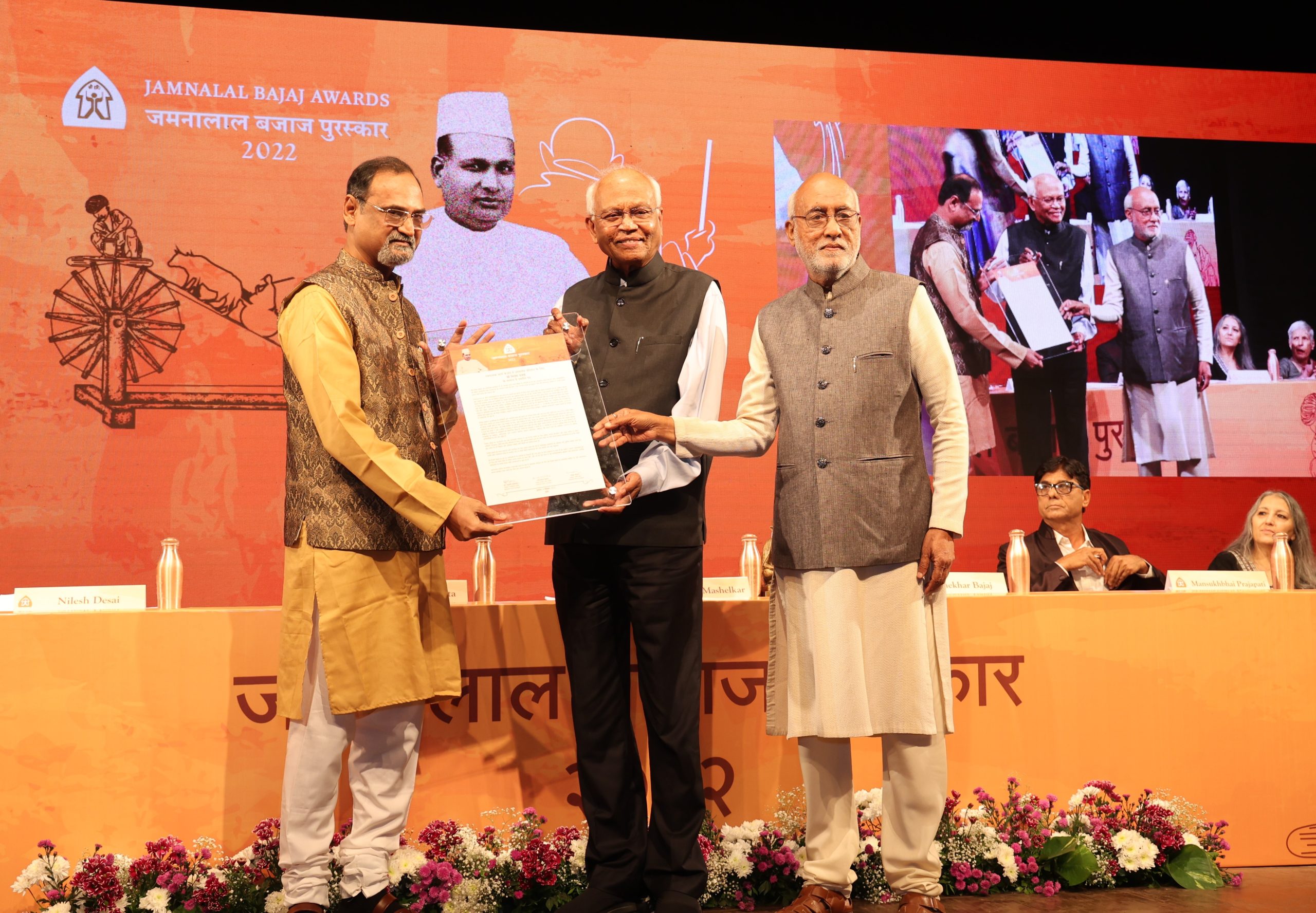
Nilesh Desai, Founder and Director of Sampark, was honoured with the 44th Jamnalal Bajaj Foundation Award for his exceptional contributions, uplifting over 200,000 families in Madhya Pradesh, accompanied by a prize of ₹10 lakh.


Nilesh Desai, Founder and Director of Sampark, was honoured with the 44th Jamnalal Bajaj Foundation Award for his exceptional contributions, uplifting over 200,000 families in Madhya Pradesh, accompanied by a prize of ₹10 lakh.

Sampark focuses on green energy for the Bhil community to create sustainable solutions that address both energy and water challenges.

Sampark focuses on natural resource management for the Bhil community to enhance their livelihoods and resilience.

Sampark focuses on health for the Bhil community because it recognizes that without improving health, holistic development cannot be achieved.

Sampark focuses on enhancing livelihoods for the Bhil community in Jhabua District where agriculture is the primary source of income.
Sampark is deeply committed to uplifting tribal communities by addressing their most pressing challenges through a holistic approach. Our initiatives focus on providing quality education to children and youth, ensuring access to essential healthcare services, and fostering economic empowerment through skill development and livelihood opportunities. By working closely with local communities, respecting their traditions, and building on their strengths, Sampark creates sustainable pathways out of poverty. Each intervention is designed to bring lasting change—improving health, increasing income, and nurturing future generations. Every day, we strive to make a tangible, measurable difference in the lives of tribal families, fostering dignity, self-reliance, and hope.

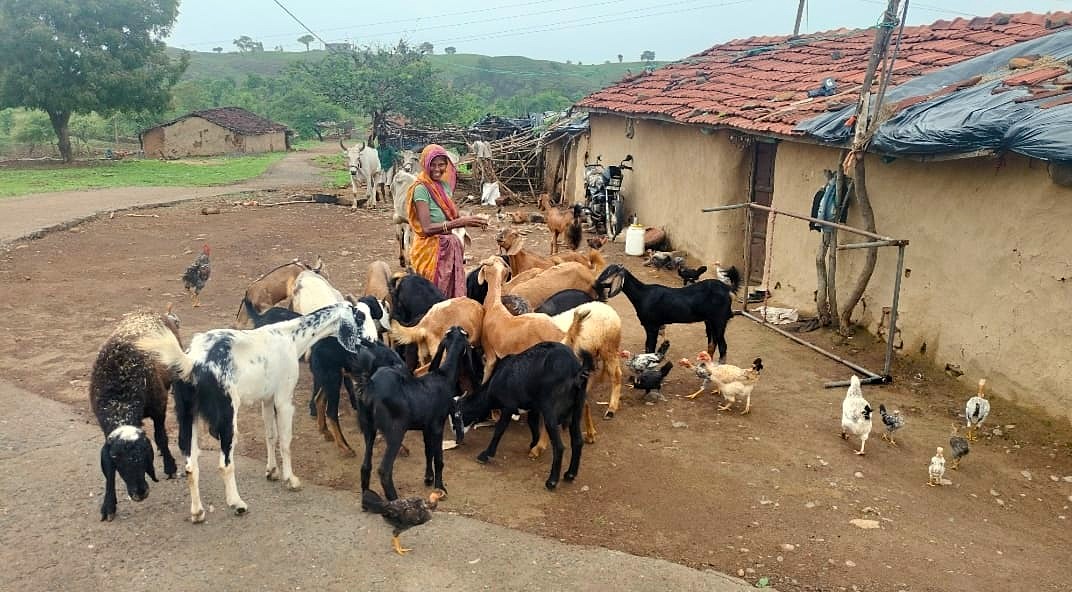
Morjharia village, located 12 kilometers from the Petlawad tehsil headquarters in Jhabua district, is home to around 350–400 Bhil tribal families. In one of the tribal hamlets of this village resides Humlibai, who has supported her family for years through goat rearing. However, due
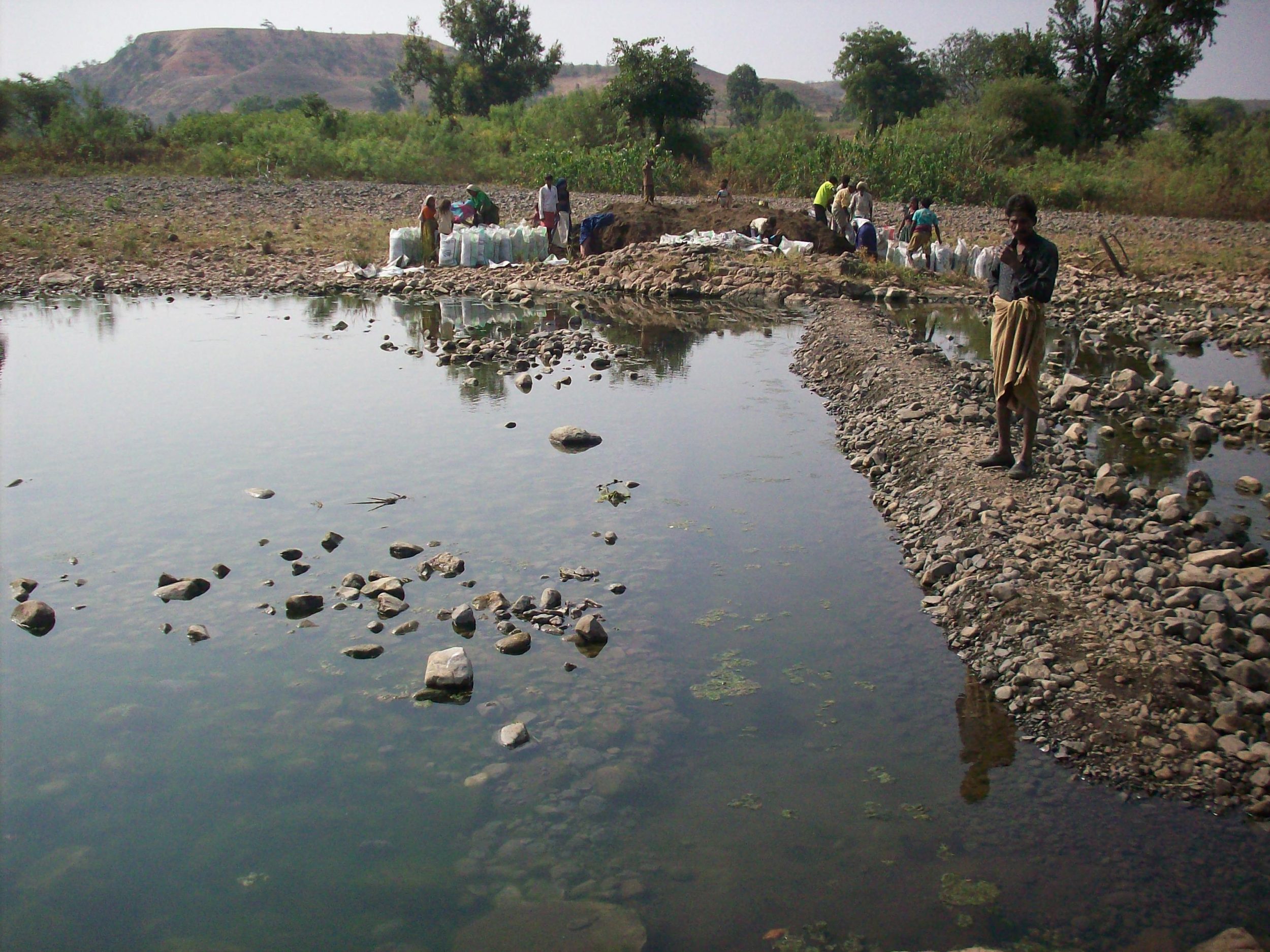
Mangu Sarvaniya is a hardworking farmer from the village of Kachrakhadan in Petlawad Tehsil, District Jhabua. He has gone beyond traditional farming and adopted modern agricultural techniques to strengthen his economic condition
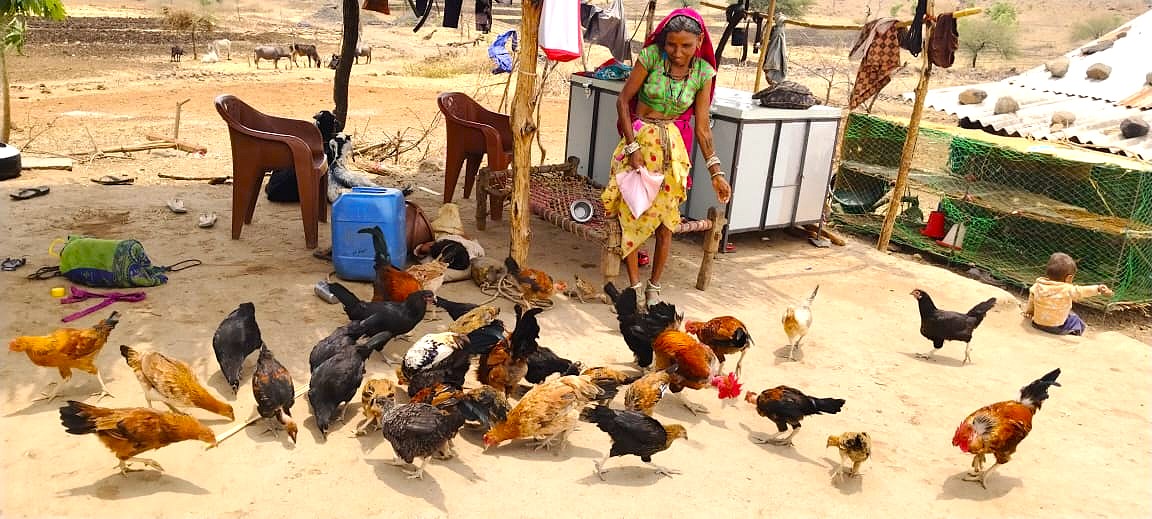
Jamnabai Tejya Bhuria, an elderly couple living in Dalpura village of Petlawad block in Jhabua district, have set an inspiring example of self-reliance despite facing tough circumstances. 67-year-old Jamnabai lives with her husband Tejya, earning their livelihood through poultry and goat farming.

Nursingh Amra Bariya is a hardworking farmer from Semalkundiya village in Madhya Pradesh. Farming is his primary source of livelihood. He used to manage irrigation mainly through tubewells and wells.
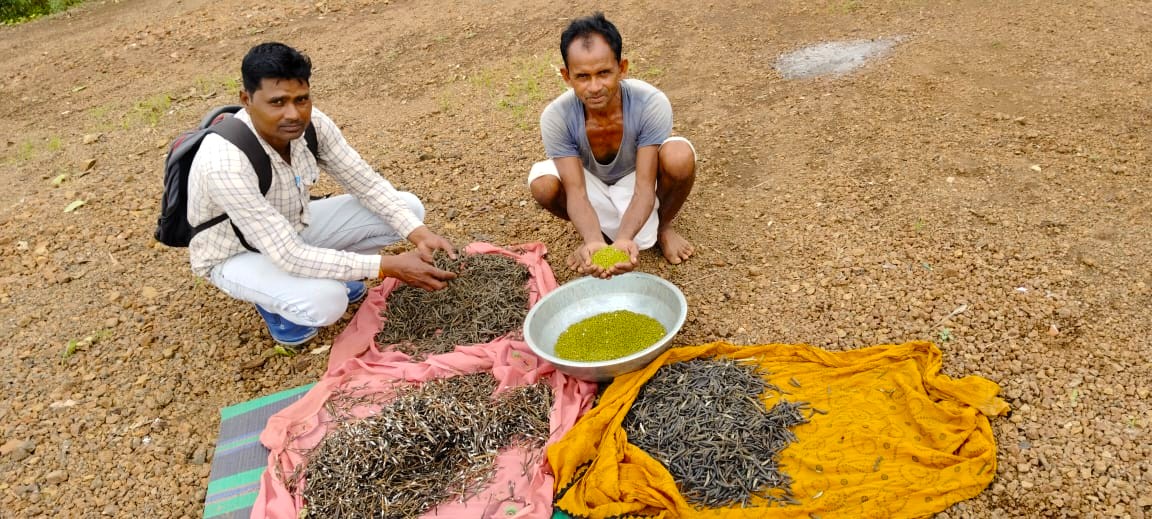
Sohan Mansing Ninama resides in Dholikhali village, which is home to about 250–300 tribal families. Approximately 40–50% of the village land is cultivable, while the rest remains fallow. Farmers primarily use ponds and streams for irrigation.
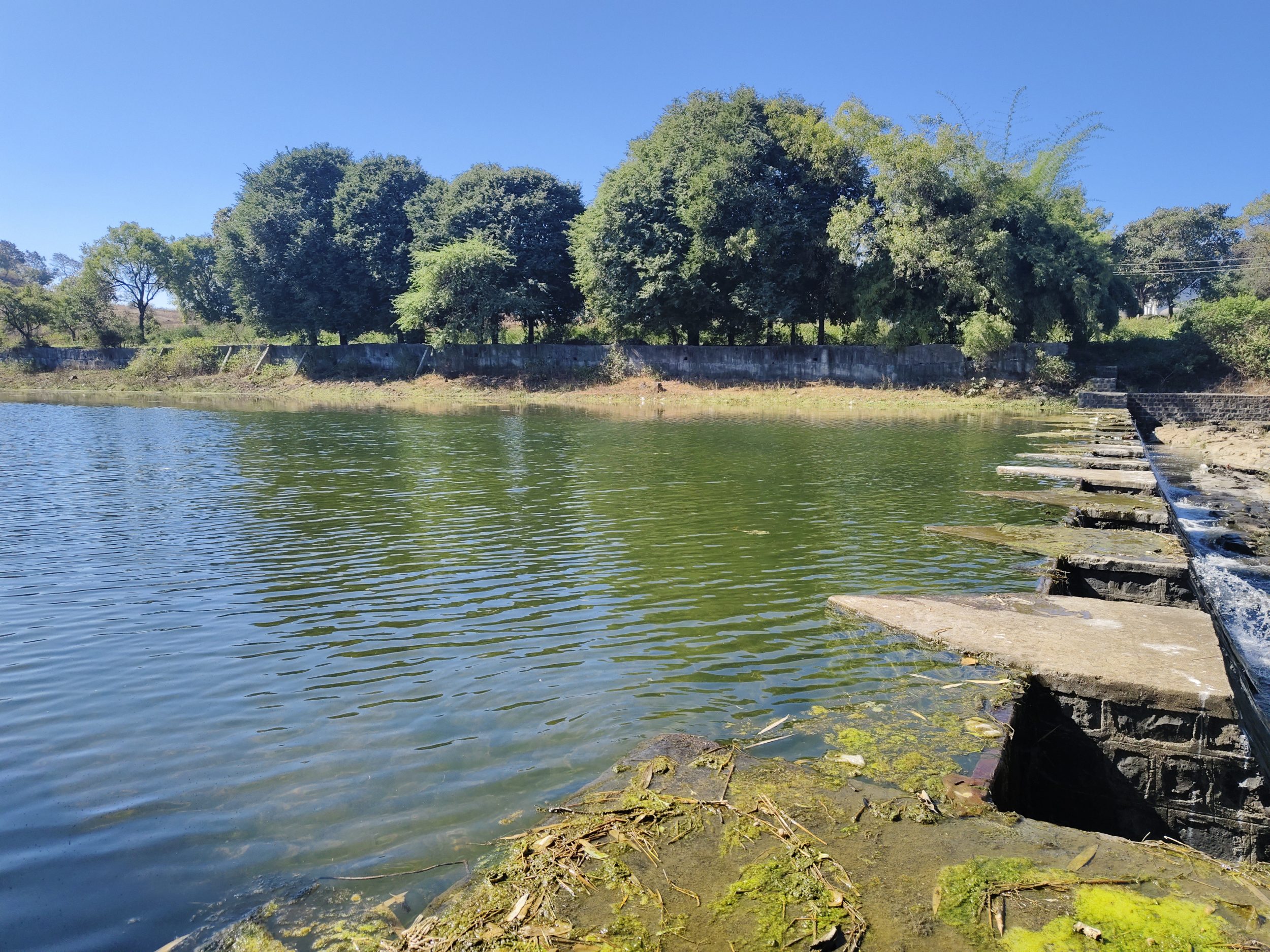
Dhanpura is a small village in Kudwas Gram Panchayat of Petlawad Development Block. The village has 3 hamlets with around 300 families residing there. All these families belong to the Bhil tribal community, and their main livelihood is agriculture
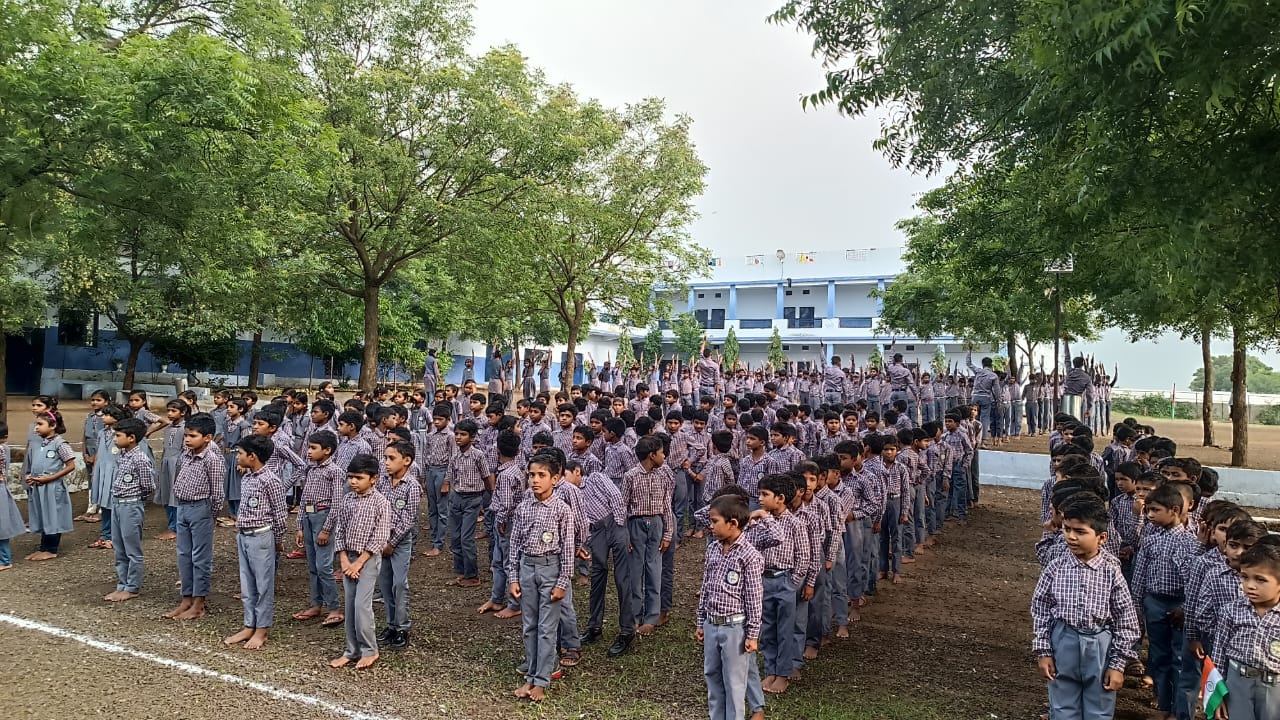
Due to the COVID-19 pandemic, Sharda Mehada tragically lost both her parents and was left orphaned along with her elder brother. After the loss, the child’s guardianship informally shifted to her paternal uncle’s son, who was unwilling to take responsibility